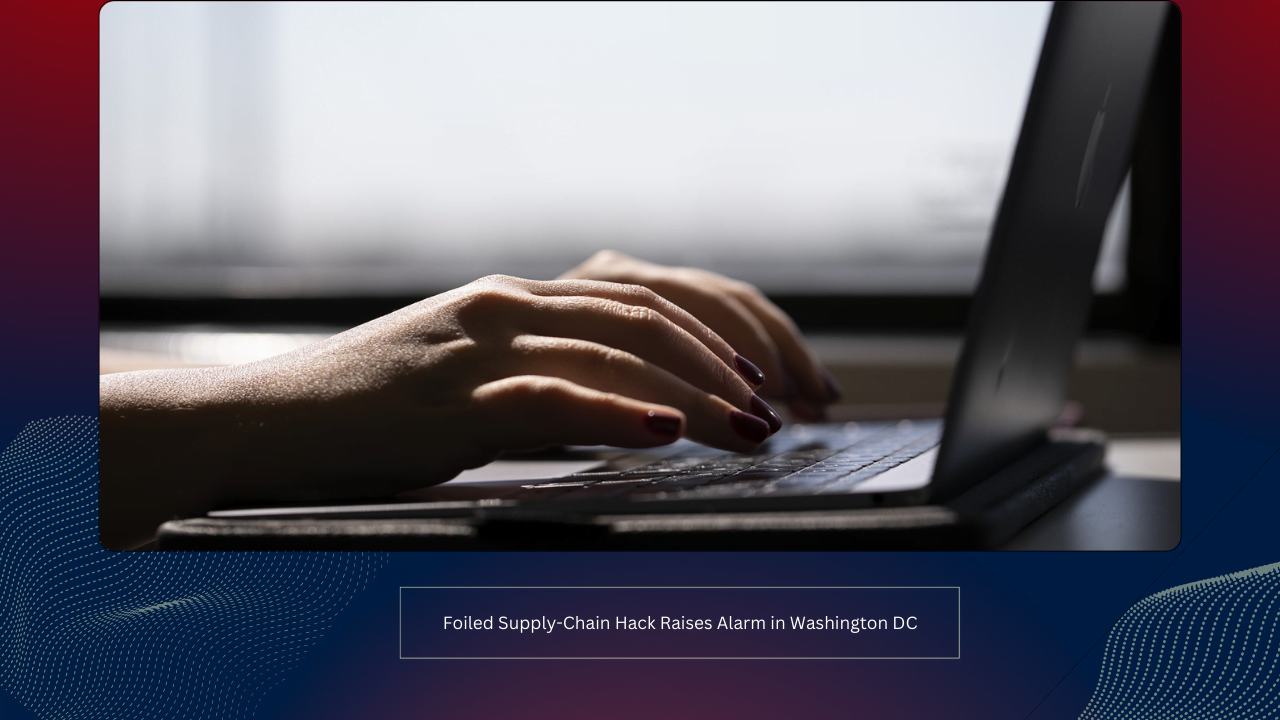
Foiled Supply-Chain Hack Raises Alarm in Washington DC
A thwarted attempt to compromise a widely utilized software utility has triggered concerns in Washington DC regarding the security of the open-source supply chain and the potential exploitation by foreign entities. The incident has sparked urgent discussions about the vulnerability of open-source code and the need for heightened cybersecurity measures.
The discovery by Andres Freund, a software engineer at Microsoft, of malicious code concealed within two versions of a popular open-source data compression tool on March 29 has prompted rapid response efforts from cybersecurity professionals and government agencies. The compromised code, known as Xz, had been integrated into two versions of the Linux operating system, prompting fears of potential spying campaigns or cyberattacks targeting affected Linux users.
While swift action from agencies like CISA helped mitigate the immediate threat, the incident has underscored broader concerns within the cybersecurity community. The methodical approach employed by the perpetrator, identified as a GitHub user named Jia Tan, underscores the evolving nature of cyber threats. By cultivating credibility within the developer community over a two-year period, Jia Tan was able to exploit trust and gain control of Xz, highlighting the human-enabled digital espionage tactics increasingly prevalent in open-source environments.
Anjana Rajan, from the White House Office of the National Cyber Director, described the incident as akin to an insider threat within the open-source ecosystem, emphasizing its unprecedented nature. While the FBI and NSA have yet to comment on potential nation-state involvement, former government cyber experts believe such inquiries are underway, given the sophistication of the exploit.
The magnitude of the incident has drawn comparisons to previous large-scale cyberattacks, including the SolarWinds espionage campaign. Dave Aitel, a former NSA hacker, emphasized the significance of the event, indicating its potential geopolitical ramifications.
Looking ahead, cybersecurity professionals are reevaluating the security of open-source software, acknowledging the critical role it plays in the digital economy. With many projects reliant on volunteer maintainers, there is growing recognition of the need for enhanced protections. Marc Rogers, a white hat researcher, highlighted the vulnerabilities inherent in maintaining critical code projects, stressing the importance of addressing these issues collectively.
The incident serves as a wake-up call for stakeholders to prioritize the security of open-source ecosystems. As the digital landscape evolves, proactive measures must be taken to safeguard against emerging threats and ensure the integrity of essential software infrastructure.

